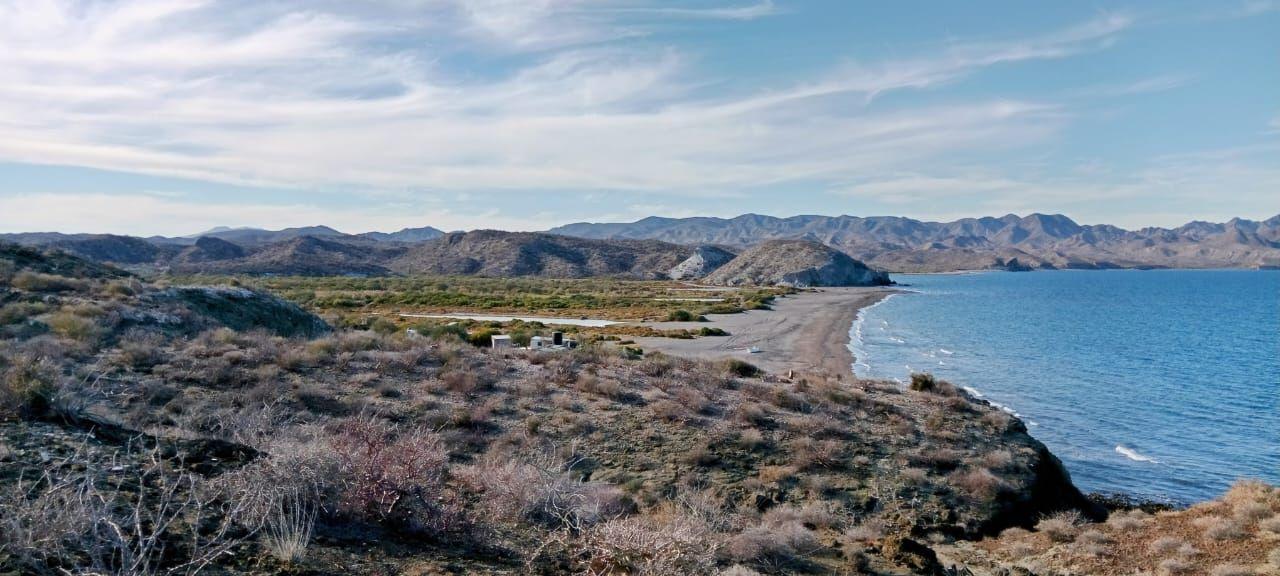The community of San Juaniquito in the north of Baja California Sur has undertaken good practices to have more sustainable productions. However, their efforts are diminished by fishermen and stealth boats that are wiping out the remaining fish product.
At one time, the fishermen of San Juaniquito, 60 kilometers from Loreto, used nets and thought that fishing resources would never run out. But, over time, they have become more aware of the impact of their practices on the fish and seafood populations on which they are economically dependent.
Thus, they have transitioned to more sustainable fishing gears, to the extent that currently most of them fish only with a hook and are about to establish Fishing Refuge Zones, delimited non-fishing areas with the objective of repopulating the huachinango.
In addition, they have begun to venture into sport fishing and ecotourism activities to obtain alternative incomes that allow fish stocks to rest.
However, these efforts will be insufficient to repopulate San Juaniquito Bay if the looting of poaching that does not respect carvings, breeding areas or fences is not combated.
Illegal fishing and impunity
In 1989, Horlando Covarrubias and his father moved to San Juaniquito, attracted by the crops of 160 kilograms of huachinango a day they obtained in the area.
However, the isolation that made it a quiet place also made it a target of poaching, which has detected areas where there is less inspection and surveillance by the National Aquaculture and Fisheries Commission and the Secretariat of the Navy.
San Juaniquito is a fishing community in a rural area of Loreto where it is difficult to monitor the sea all the time. There, stealth ships see an opportunity to enter restricted areas due to the lack of surveillance by the authorities and the possibility of being subject to sanctions.
In the past, fishermen notified the authorities when they noticed an illegal act in fishing. However, the lack of action by the authorities has caused them to lose trust in them and to notify.
“We were a little afraid to tell the authorities, because we didn't know what kind of people we were going to face. Besides, surveillance came and pressured us instead of pressuring them, the other way around. We don't see the change for the positive, everything was the same. So, we chose to do nothing anymore, there's no case for one's integrity. And we stopped reporting little by little,” said Covarrubias.
Stealth has caused a collapse in Huachinango productions. Currently, the five families that rely totally on fishing in San Juaniquito catch 40 kilograms a day during strenuous days.
“The one who bears the most damage is the fisherman. If we talk about the current situation, it can be said that during the day there is no more huachinango, we have to go at night and get out a maximum of thirty kilos; or forty kilos, but all night long. Or we have to go farther and farther to fish, but it's more investment and that way it doesn't come out even for the expenses. Huachinango fishing declined a lot, we can talk about 95% in the last 14 years and the fisherman is very demoralized because of that,” Covarrubias lamented.
At the rate of deterioration of the species, Covarrubias points out that it will not be enough to counteract it through the initiatives of the fishermen, however, he remains optimistic that if all the sectors involved cooperate, San Juaniquito will recover the abundance that attracted him to live there.
“If we start to work with the authorities, they may give us some support, and we ourselves, working with organizations or foundations, can also make links. I believe that in the future something good can come. But we all have to be on the same channel,” said Covarrubias.



Comentarios (0)